As adult children, we need to give our aging parents what they need most: the control to manage their life and shape their legacy. Read More >
ABC's of Behavioral Biases
Equifax Debacle and 7 Things to Do NOW
Equifax, one of the three credit monitoring services, admitted recently that hackers gained access to the sensitive identify and financial information in their database for 143 million people (44% of the U.S. population). The hackers exploited a website weakness from mid-May to July. Equifax learned of the intrusion on July 29th but did not disclose the information to the public until 40 days later on September 7th. The credit breach is about as bad as you could expect a breach to be. Much of the data acquired is timeless information that could be used for years.
Max Out the Contributions to Your 401(k)? Not Necessarily
Advantages of Getting Umbrella Liability Insurance
The stock market continues to climb at a steady rate, and an increase in personal wealth may bring greater financial flexibility. However, increased personal wealth can also lead to much larger liabilities. Individuals with high net worth or those who are perceived to have high net worth are more likely to be sued.
Tax Planning for Retirement, Part 3: What Is Taxable Income? A Reminder
Democrats Versus Republicans: Who Gets Better Stock Market Returns?
The argument about which party is better for stock returns has been going on for decades. Leading up to the 2016 presidential election, the argument was made that the stock market does better with a Democratic president than a Republican president. After the election and the subsequent stock market rise, the argument has been made that Donald Trump as president will be great for U.S. stocks. In fact, the Trump administration has taken much of the credit for the great returns thus far in 2017.
In Your Best Interest: The New Department of Labor Rule and Its Impact on You
Three Tips for Buying Your First Home
Tax Planning for Retirement, Part 2: Understanding Taxation During Retirement
How Much Should You Pay for College?
Quarterly Market Review - Second Quarter 2017
The Undisciplined Pursuit of More
What Can I Do to Reduce My Taxes? 2 Things You Can Do Now
What can I do to reduce my taxes?
This is a very common question we get as financial advisors and tax preparers in my firm.
Simply put, get organized! I know you probably hate to hear such a finger-wagging statement, but really, what if the mere fact of organizing meant an extra $1,000 in your pocket? You may be asking, “How’s that?” or thinking, “I’m not an organized person.” Fortunately, you don’t need to be on par with Martha Stewart’s level of organization to seize your opportunity!
Tax Planning for Retirement, Part 1: The Golden Decade of Tax Planning Opportunity
How Can I Get Rich? 6 Ways to Build Wealth
First, a clarification: This is an article about the “how” that makes a person, couple, or family wealthy. That is, how do people go from having a little money to having a lot? This article is not about what being wealthy means to you or, in other words, how much money would make you wealthy. We’ll save that philosophical discussion for another article.
“How Do You Invest Our Money?”: Aspire’s Investment Strategy
Ideas to Increase Your Income So You Can Quit Your Job Early and Travel the World
Photographs and Videos: The Difference Between a Financial Plan and Financial Planning
How to Really Build Your Wealth
How do we become wealthy? Our clients often ask this of us, naturally, as their financial advisors. Sometimes they’re surprised to hear us not say, “Save more,” “Don’t accrue too much debt,” or “Put your investments here or there,” as a first course of action. Of course, long-term savings of at least 10–15% of your income starting at a young age, combined with a decent investment plan left untouched for long periods of time, will inevitably produce substantial amounts of wealth. However, if you really want to get ahead, invest in yourself—and keep investing in yourself!






















